Since launching our grantmaking activities in 2014, we have awarded over $26.4 million in support of our research priorities: access, affordability, and the value of legal education.
Awarded Grants
Grant Program
Grant Status

Willamette University
Grant Title: Assessing the Impact of Cohort Structure on First-Time Bar Pass Rates
This project hypothesizes that implementing a cohort structure for recent law school graduates who use Helix Bar Review while studying for state bar exams will result in improved bar passage rates for these first-time test takers. Project results will inform legal education literature as well as other ongoing studies and activities to improve passage rates and may, depending on cohort size, provide insight into the disparity currently seen in the passage rates of underrepresented populations.
View grant outcomes.

Chicago-Kent College of Law, Illinois Institute of Technology
One & Done addresses three barriers to passing the bar exam on the first try that face "at-risk" graduates. First, these graduates need more personal support with time management than they typically get from commercial preparation programs, as well as additional study time devoted to spaced repetition study and practice-as-study. Second, many need financial support. Third, many need support to stay emotionally, psychologically, and socially healthy through the grueling bar preparation process.
View grant outcomes.

UC Berkeley School of Law
This grant will support the development of the Pre-Law Online Curriculum, a web-based, mobile-friendly pre-law advising center that is free and available to all. This system will provide instructional modules, community discussions, and online resources to students preparing for law school.
View grant outcomes.
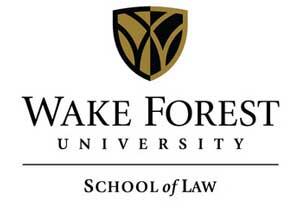
Wake Forest University School of Law
This project will identify students’ knowledge gaps about the law school admissions process, negative views of Predominantly White Institutions (PWIs), and financial barriers that lead to fewer application submissions, and fewer offers of acceptance.
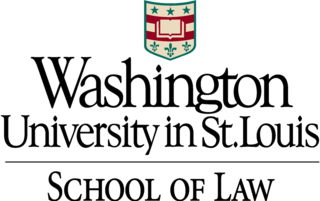
Washington University School of Law
The project aims to evaluate factors that will enhance the value and relevance of legal education, especially for historically underrepresented groups. The first objective is to create a nationwide archival dataset on lawyer rosters, lawyer disciplinary actions, and state occupational licensing requirements for lawyers in the United States from 1900 to 2018. Second, the research will investigate the effects of a host of law school and licensing policies that are relevant to the value of legal education.
View grant outcomes.
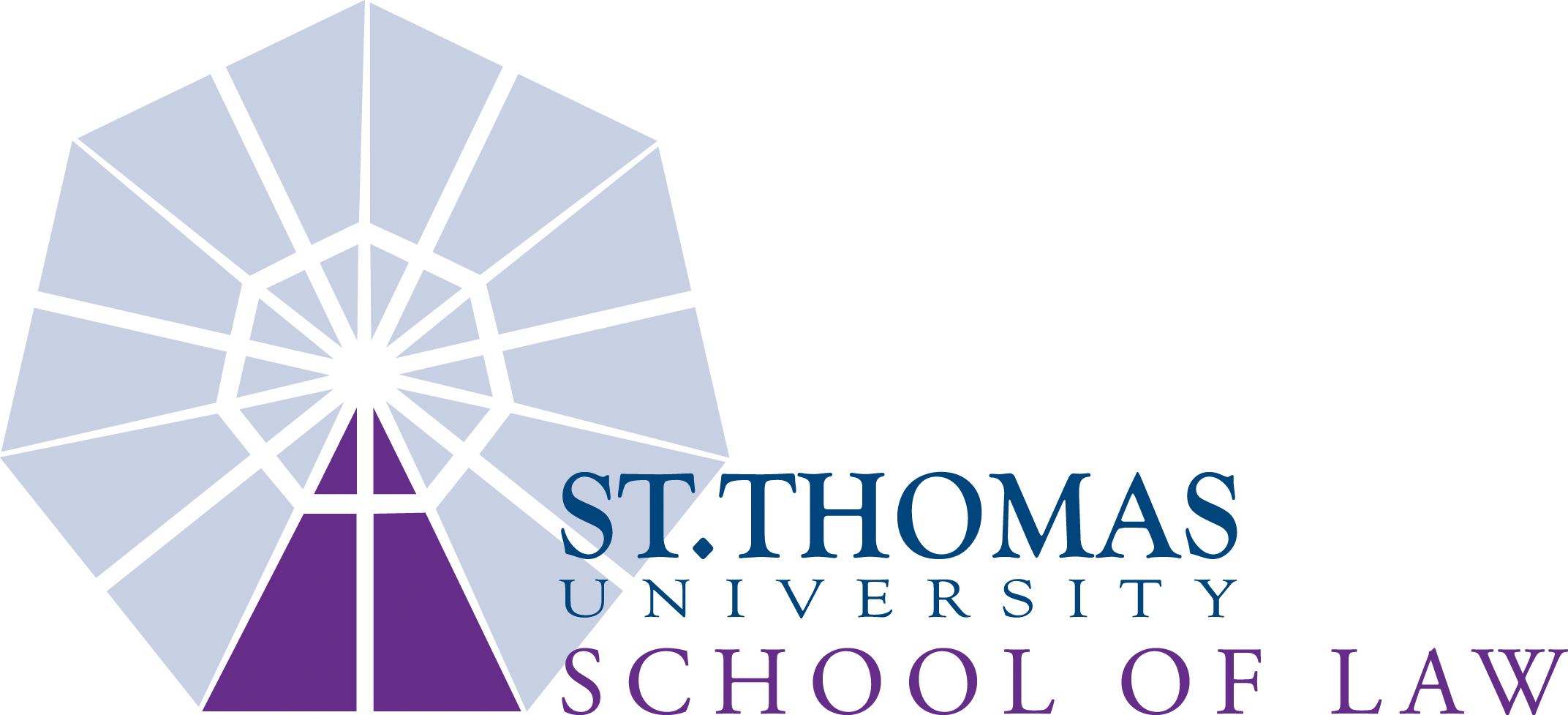
University of St. Thomas School of Law
Over the last few years, a growing number of law schools have implemented a required first-year course/program focused on professional development or professional identity formation. To date, there has been no assessment of which of the courses/programs are most successful in advancing students with respect to learning outcomes associated with professional development. This project would be designed to assess these courses/ programs and to identify the most successful pedagogies.
View grant outcomes.
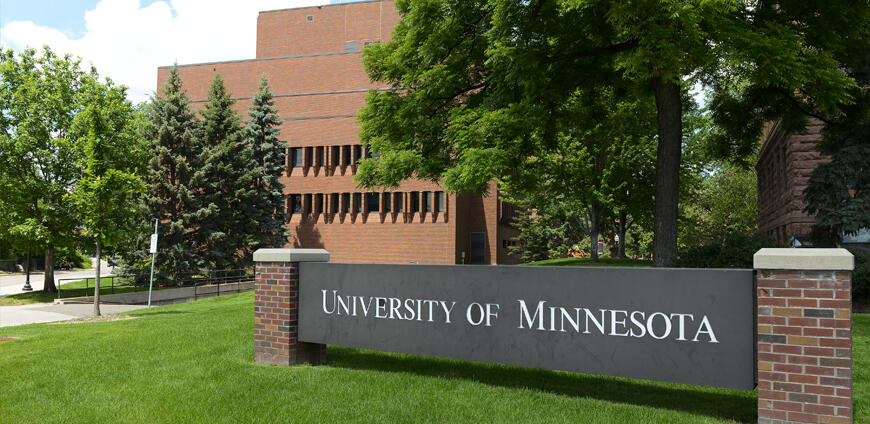
University of Minnesota
Research grant awarded to Krista Soria, Director of Student Affairs Assessment at the University of Minnesota, to better understand the roles of financial factors (e.g., funding sources, debt, financial stress, and food and housing insecurity) in graduate, professional, and law students’ mental health, time to degree completion, and career interests.
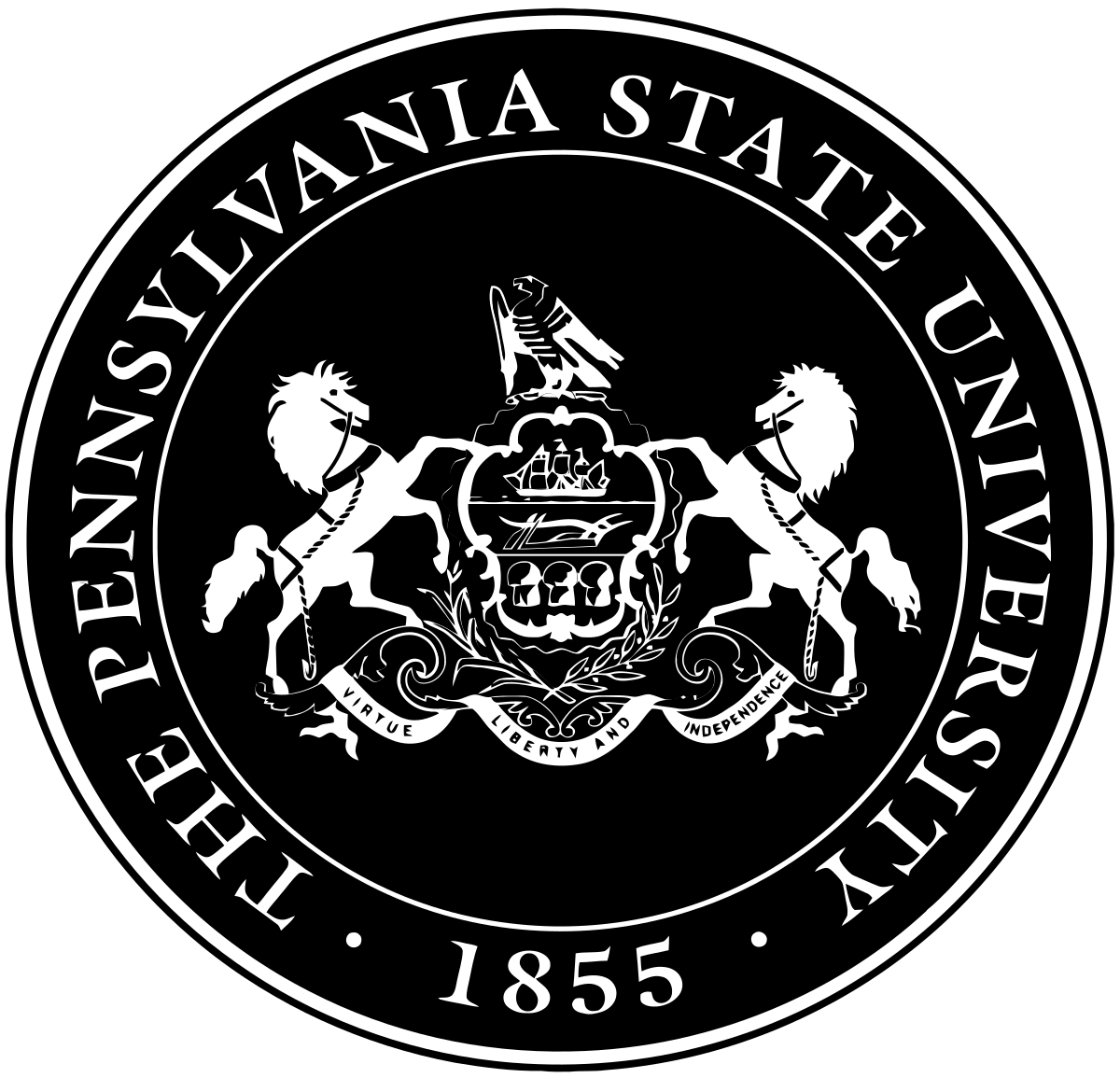
Pennsylvania State University
Research grant awarded to Kelly Rosinger, Assistant Professor at Pennsylvania State University’s College of Education, to examine how LSAT-optional admissions policies impact diversity (e.g., the share and number of Black, Latinx, and Native American students enrolled) and selectivity (e.g., the number of applicants, acceptance rate, and the LSAT scores of enrollees) at adopting U.S. law schools.
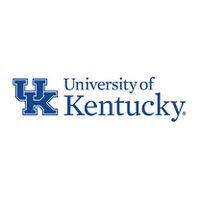
University of Kentucky
Research grant awarded to Willis Jones, Associate Professor at University of Kentucky’s College of Education, to study variation in cost of living estimates among U.S. law schools.



